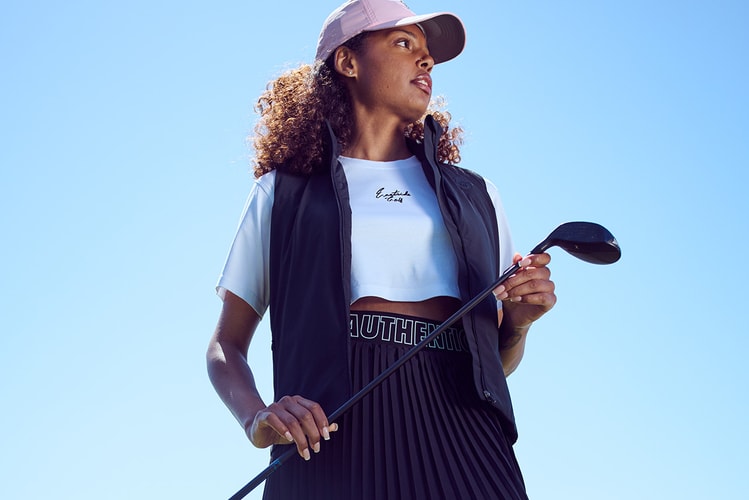
Your Fave Black-Owned Beauty Brand Being Acquired Does Not Mean It "Sold Out"
Let’s get to the bottom of it.
It’s easy to become emotionally attached to brands and their respective founders after falling in love with products that provide the results you’re looking for. For example, your favorite conditioner that makes your hair soft and manageable and the body cream that transforms your dry skin can become products that you depend on and endlessly refill. This connection makes learning that your favorite beauty brand has been acquired a fearful and worrisome experience, raising a slew of questions about access and the quality of the products in the future.
To clear the air, when a beauty brand is acquired, it means that most or all of the shares were purchased by a larger company that has now assumed majority ownership over the smaller brand, according to a post by Harvard Business School. While acquisitions can result in a shift in the executive suite of beauty brands, CEOs and other executives can still stay on board in their respective positions, dependent upon the terms of the deal. For example, earlier this year, feminine care brand The Honey Pot was acquired by Compass Diversified for $380 million USD and its co-founder and CEO, Beatrice Dixon, has stayed on to continue leading the brand, according to reports.
This deal sparked a controversial conversation on social media where consumers openly expressed their concerns with the brand “selling out” by no longer being majority Black-owned. Dixon shared an Instagram post explaining that the company will remain true to its brand ethos of bringing clean-ingredient, feminine care products to market. Similar social outrage ensued in 2023 when Mielle Organics founder Monique Rodriguez announced the brand had been acquired by Procter & Gamble’s beauty division. Fans of the haircare brand were shocked and worried about the brand changing its ingredients to reach an audience beyond its natural hair consumers.
View this post on Instagram
While gatekeeping your favorite brands and products in hopes of having them in your beauty routine forever sounds ideal, the accomplishment of a Black-owned brand being acquired must be acknowledged. Black founders gain access to significant funding, resources and opportunities they would likely not have had prior to the acquisition. Black entrepreneurs face a severe lack of funding when building out their brands, which often hinders their ability to grow and expand.
In fact, Black female founders received 0.34% of venture capital funding for their businesses in the United States, according to a 2021 study. With less than one percent of Black-owned brands being funded, an acquisition deal is appealing to founders in order to finance product expansions, secure shelf space in retail stores and more.
The word “acquisition” may be scary to hear in the same sentence as a beloved beauty brand, but let’s celebrate the much-needed and often long-awaited financial gain and business opportunities that come to our fave Black brand founders.
For more beauty news, check out our coverage of how Pat McGrath won the Met Gala.






























